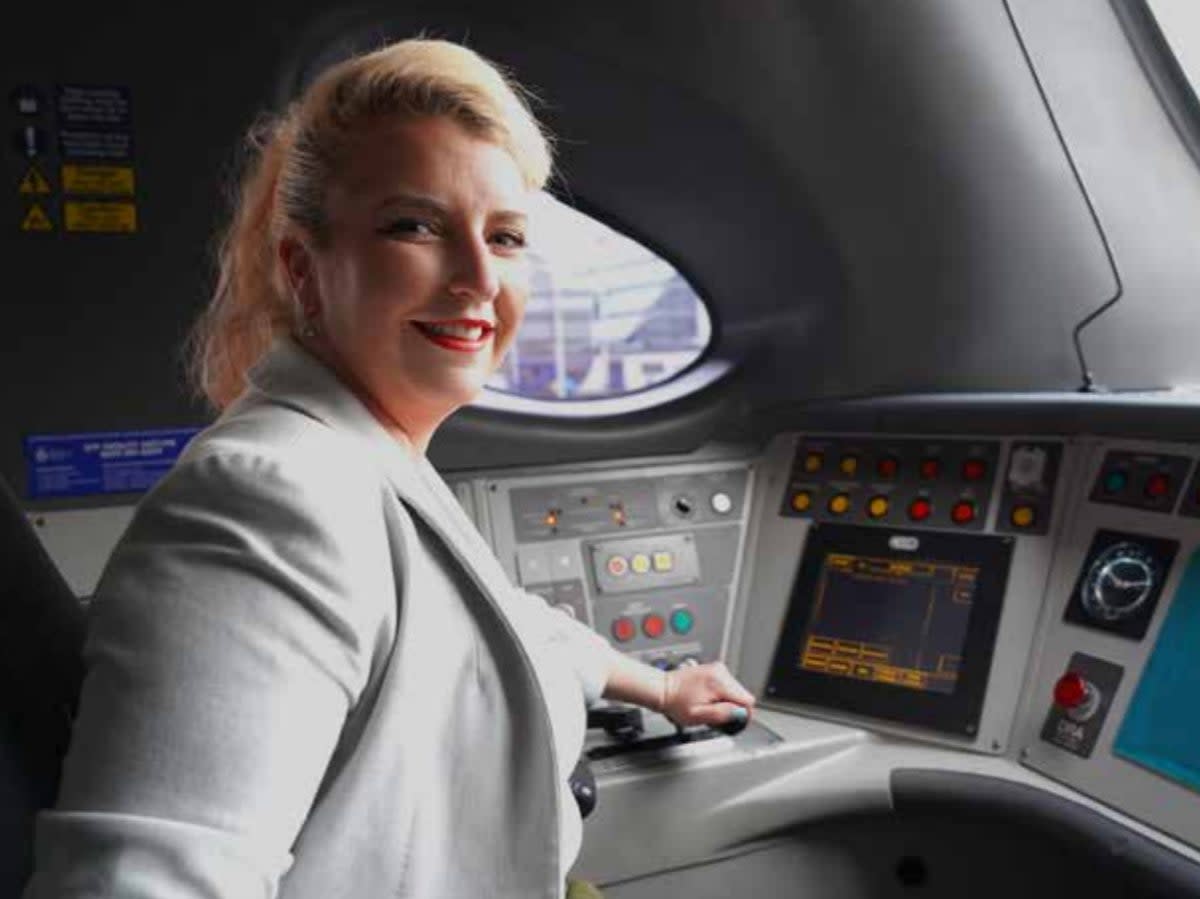Rail: Labour promises fares reform and billions of pounds of savings for taxpayers

To be fair, one railway promise made in the 2019 Conservative manifesto was sort-of kept. No, it wasn’t this one: “We will have an infrastructure revolution for this country.” During the current parliament, the desperately needed High Speed 2 rail project has been progressively pruned to leave only a pathetic link between Birmingham and a patch of wasteland in west London.
Yet the Tories also vowed: “We will require that a minimum service operates during transport strikes.” A law was duly enacted, and train operators can require striking staff to work to provide 40 per cent of timetabled services.
Unfortunately for the legislators, it has proved ineffective. Only one rail firm ever tried it: LNER, which just happens to be owned by the government. As soon as bosses told the train drivers’ union, Aslef, of their intention to require two out of five services to be run, the immediate response was a fresh strike call that would wipe out far more journeys. LNER retracted the demand.
There are lies, damned lies and party promises about the railways.
Given that Sir Keir Starmer appears destined to become the next prime minister, Getting Britain Moving: Labour’s Plan to Fix Britain’s Railways deserves scrutiny. I have read it all so you don’t have to – and also noted the vows made by the shadow transport secretary, Louise Haigh.
She says: “As secretary of state, I won’t be running the operation of the railways day to day, but I will be the passenger-in-chief, setting the strategy to improve our railways.”
So what will change?
“An incoming Labour government will establish a new, arm’s length public body – Great British Railways – which will be a directing mind in charge of Britain’s railway infrastructure and service.” That is exactly what the current government promised but has yet to deliver. It will have three responsibilities, says Ms Haigh:
Day-to-day operational delivery of the railways
Ensuring infrastructure and services work together
Innovations and improvements in the experience of passengers
Fare-paying passengers, as well as taxpayers who pump £7.5bn a year into an increasingly decrepit railway but never go near a train, deserve a far better deal. Let us hope the next government is up to the task. However, I am more interested in three of the specific promises Ms Haigh has made rather than strategic generalities.
I was alarmed to see that the first specific improvement listed under “Labour’s vision for passengers” is: “Automatic delay and cancellation refunds”. Britain’s rail passengers are not looking for easier ways to get their money back – they want delays and cancellations to be reduced. Tackling the symptoms rather than the causes is not good enough.
Ms Haigh also promises “a best fare guarantee for passengers”. That’s more like it: ensuring nobody pays more than they need to. Those of us who depend on the railway want to see it succeed commercially.
For that to happen, more people need to be attracted to trains. Besides making rail more reliable, the best way to lure people back is to bestow confidence they are getting the best deal. And the only way to do that is a comprehensive overhaul of the fares system.
Otherwise, the government would be in the embarrassing position of having to hand back cash to every passenger who, for example, foolishly buys a Bristol-London ticket rather than “splitting” the journey at Didcot Parkway.
For decades the “Didcot Dodge” has been a fixture on the Great Western Railway. So long as the Bristol-London train stops at the Oxfordshire junction (and most do), passengers typically save 40 per cent. Countless other anomalies need fixing.
The biggest promise of all from the transport shadow: “Saving billions of pounds for taxpayers every year.” We really need to know how that will be done. At the heart of Britain’s railway woes: the shocking state of infrastructure. We need more investment, not less.
Passengers will expect an immediate reversal of the “managed decline” that Louise Haigh pins on the current government. I shall be watching the next government, and remind it of its vows.


